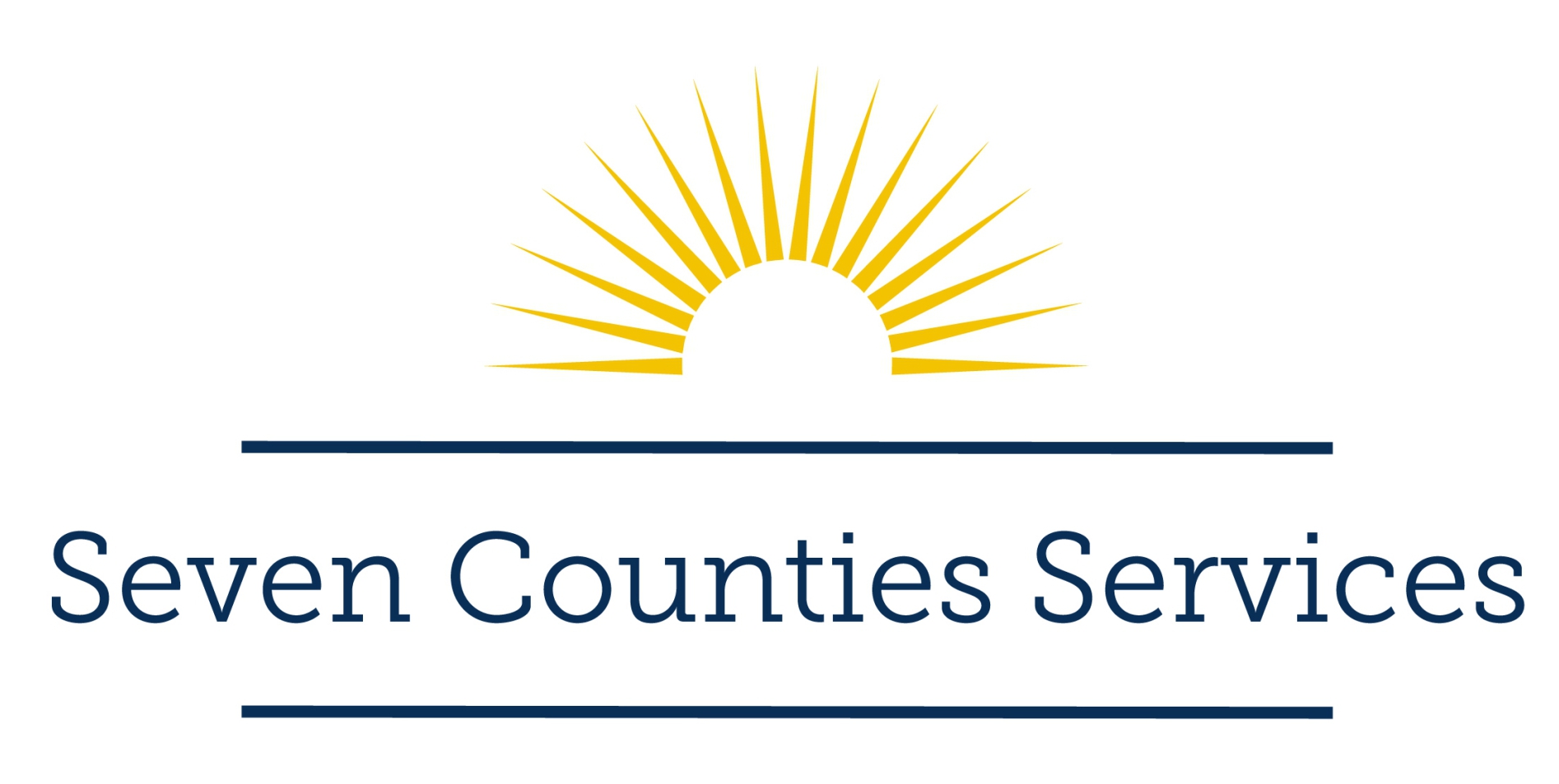Understanding Addiction Recovery: Return to Use Signs and Providing Support
What is Addiction Recovery
Addiction is a treatable, chronic medical disease involving complex interactions among brain circuits, genetics, the environment, and an individual’s life experiences. As with other chronic diseases, such as diabetes, asthma, or heart disease, treatment for addiction generally isn’t a cure. However, it can be successfully managed. Research shows that when treating addictions to opioids, medication should be the first line of treatment, usually combined with some form of behavioral therapy or counseling that’s tailored to address each patient’s use patterns and drug-related medical, mental, and social problems.
It’s important to remember when providing your support that people who are recovering from an addiction will be at risk of returning to use for years and possibly for their whole lives. If a person does returns to use, it doesn’t mean treatment has failed, rather, it indicates the person needs to speak with their doctor to resume treatment, modify it, or try another treatment. Recovery is not linear, it’s a unique and possible journey!
Although there is no one-size-fits-all solution for supporting a loved one during their unique recovery journey, research shows that family support can play a major role. This is because family members may be more likely to notice when their loved ones are experiencing changes in mood or behavior. These changes are often the first warning signs a person in recovery is at risk of returning to use.
Return to Use Signs
- Not answering phone calls.
- Arriving late or not showing up at all.
- Not offering explanations for lateness or absence.
- Getting easily frustrated.
- Blaming others.
Once levels of frustration and blame are present, Cory Moneymaker, LCSW, LCADC, the Division Director of Addiction Recovery for Seven Counties Services, said it could be that a person has returned to use.
Providing Support
While it can be hard to understand your role in a loved one’s recovery journey, Cory stated the most important thing you can do is support them by letting them know there is hope and people do recover. This support can look like:
- Offering to help.
- Connecting to resources and services.
- Asking how you can support them.
Additionally, providing your support as a loved one also asks that you prioritize the person’s recovery over other things that are going on in their life and the relationship that you have with each other. The below phrases are an example of how you can alter your support to be proactive once you’ve identified return to use warning signs.
- Don’t: “Hey, you’re showing up late to things.”
- Do: “Let’s not go out for dinner on Wednesday because I know that’s your Home Group night.”
Overall, you want to reinforce that you recognize their recovery is one of, if not the most, important thing in their life, and that’s okay with you.
At Seven Counties Services, we understand addiction recovery is a lifelong journey. Our team of support and resources are here to help those ready to start their recovery journey, as well as provide family support services to help loved ones understand and support the addiction recovery process.
For information on scheduling a first appointment, call (502) 589-1100, complete an online appointment request, or walk into one of our locations. If you or someone you know is in need of urgent help, please call our 24/7 Addiction Recovery Hotline at (502) 583-3951.
There is hope and recovery is possible! Your Journey, Our Passion!
Reviewed by Cory Moneymaker, LCSW, LCADC, the Division Director of Addiction Recovery for Seven Counties Services.




